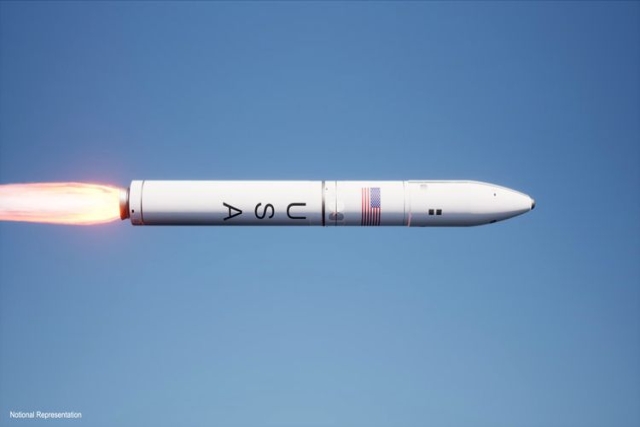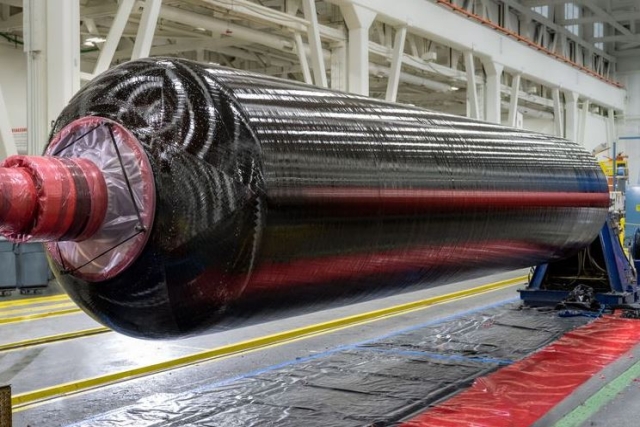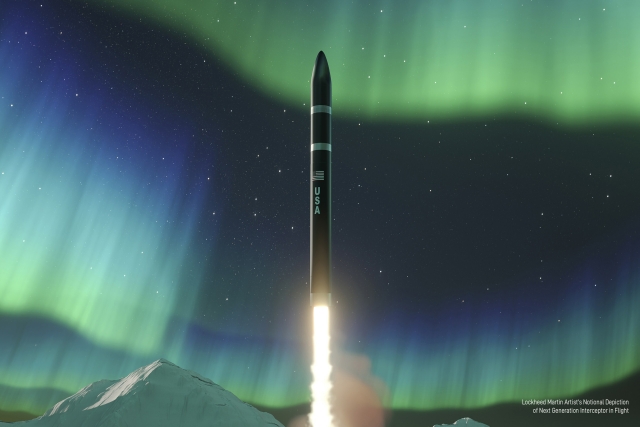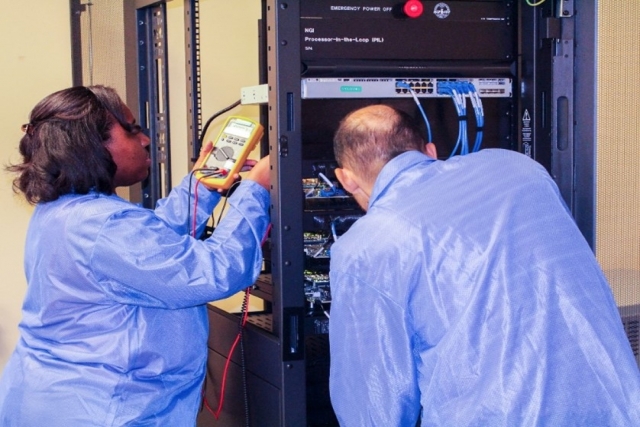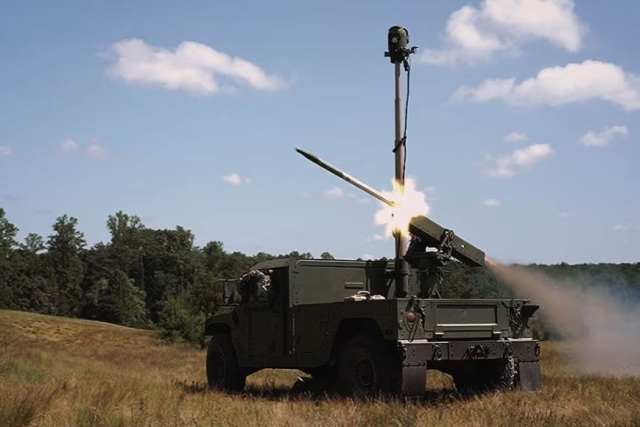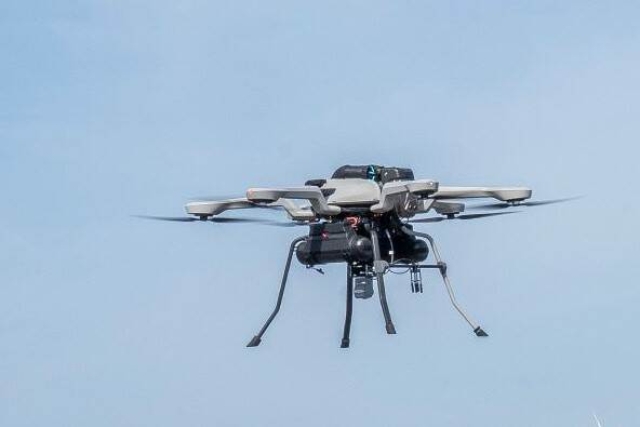Lockheed Martin Wins Contest to Build Next Generation Interceptor
The NGI initiative aims to replace current interceptors focused on countering ballistic missile threats.
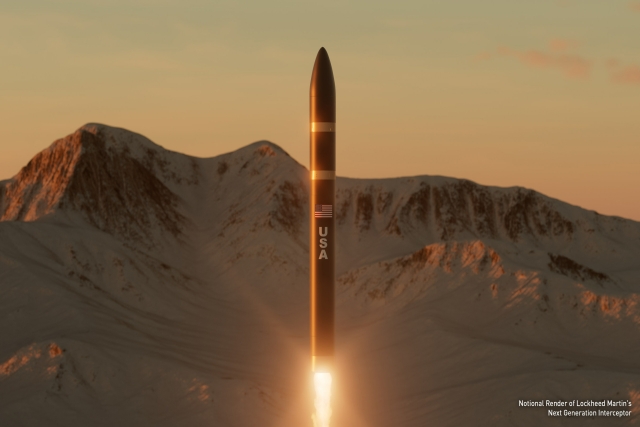
The U.S. Missile Defense Agency (MDA) has awarded Lockheed Martin a key contract to develop the Next Generation Interceptor (NGI).
The company beat out Northrop Grumman to bag this contract.
Lockheed's win secures their position as the sole contractor for the NGI program, from development through flight testing. MDA expects this trajectory to lead to subsequent production and operational capability by the fourth quarter of fiscal year 2028, building upon an existing contract established in 2021.
Originally slated for a later decision after a critical design review, MDA's accelerated timeline reflects both budget constraints and confidence in the available data to make a well-informed selection. The agency cites the technical maturity of proposed solutions, performance data, and an integrated testing regimen as key factors in their decision.
The NGI initiative aims to replace current Ground-Based Midcourse Defense interceptors, primarily tasked with countering ballistic missile threats from nations like North Korea and Iran. Lockheed is collaborating with Aerojet Rocketdyne on the NGI, while Northrop had partnered with RTX.
Simultaneously, MDA's plans to fast-track development of a hypersonic missile interceptor, known as the Glide Phase Interceptor (GPI), have raised concerns among lawmakers regarding competition. Led by teams from RTX and Northrop Grumman, the GPI selection is now expected by the end of fiscal year 2024, five years ahead of schedule.
Rep. Doug Lamborn, Chairman of the House Armed Services strategic forces subcommittee, expressed concerns over the accelerated GPI timeline, noting a revised deployment estimate of 2035 due to budget constraints in fiscal year 2025. Despite inquiries, Lamborn's concerns remain unresolved as MDA presses forward with critical defense initiatives.
